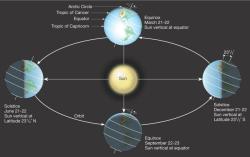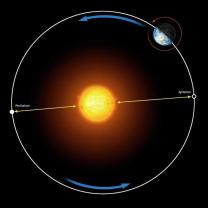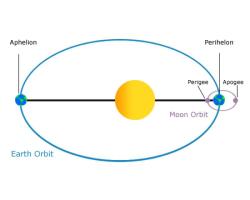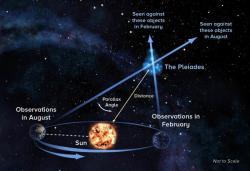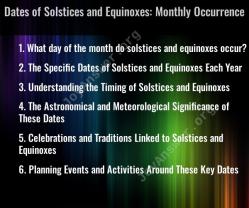Are there any aliens on other planets or moon?
The search for extraterrestrial life, including the possibility of aliens on other planets and moons within our solar system and beyond, is a topic of great interest to scientists and the public alike. While we have not yet found conclusive evidence of extraterrestrial life, ongoing research and missions continue to expand our understanding and search for signs of life beyond Earth. Here are some key aspects of the search for extraterrestrial life:
Exoplanets: One of the most significant developments in the search for extraterrestrial life has been the discovery of exoplanets, which are planets orbiting stars outside our solar system. Thousands of exoplanets have been detected, some of which are located in the "habitable zone" where conditions might be suitable for liquid water and, potentially, life as we know it. The study of exoplanets includes looking for signs of habitability, such as the presence of water, and analyzing their atmospheres for biosignatures like oxygen or methane.
Mars: Mars has been a primary target in our search for extraterrestrial life within our solar system. Multiple missions, such as the Mars rovers and landers, have been sent to explore the Martian surface and search for past or present signs of microbial life. While there is no direct evidence of life on Mars yet, there are intriguing discoveries like seasonal variations in methane levels that raise questions about the planet's geology and potential biological sources.
Europa and Enceladus: Two of Jupiter's moons, Europa and Saturn's Enceladus, have subsurface oceans beneath their icy crusts. These oceans could provide a unique environment for life to exist. Future missions, such as NASA's Europa Clipper and the potential Enceladus Sample Return mission, aim to investigate these worlds further and determine if conditions are suitable for life.
Extreme Environments: Earth has shown us that life can exist in a wide range of extreme environments, from deep-sea hydrothermal vents to acidic hot springs. Scientists are looking for similar extreme environments on other celestial bodies, such as the subsurface oceans of icy moons or the subsurface of Mars, where life might thrive.
SETI (Search for Extraterrestrial Intelligence): While much of the search for extraterrestrial life focuses on microbial or simple life forms, SETI is a scientific effort specifically dedicated to detecting signals or communication from intelligent extraterrestrial civilizations. Radio telescopes and other instruments are used to scan the cosmos for artificial signals.
Astrobiology: Astrobiology is the interdisciplinary field that combines elements of astronomy, biology, chemistry, and geology to study the potential for life beyond Earth. Researchers in astrobiology examine extreme environments on Earth, study the origins of life, and use this knowledge to guide the search for life elsewhere.
Planetary Protection: As we explore other celestial bodies, it's essential to prevent contamination of these environments with Earth's microbes and to protect our own planet from potential extraterrestrial contamination. Strict planetary protection protocols are in place for space missions.
The search for extraterrestrial life is an ongoing and dynamic field of scientific exploration. While we have not yet found conclusive evidence of aliens, the discovery of even microbial life beyond Earth would have profound implications for our understanding of the universe and our place within it. As technology advances and our understanding of the conditions necessary for life improves, our ability to search for and potentially detect extraterrestrial life continues to grow.


